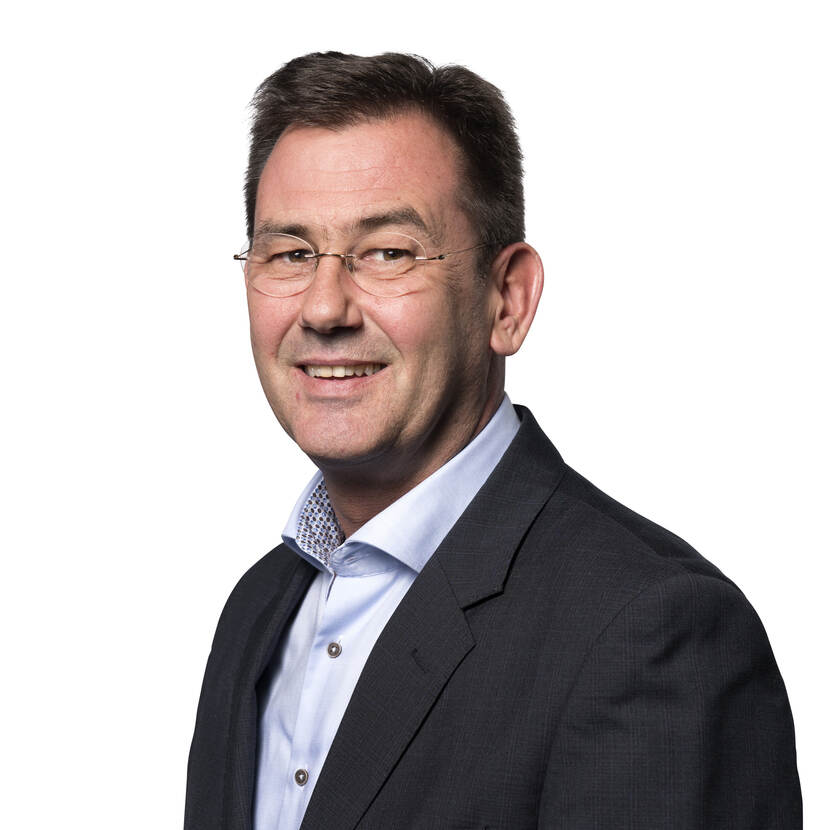The ambassador - Sudan
Chargé d'affairs

Robert van den Dool
Chargé d'affairs to Sudan
Robert van den Dool has been Chargé d'affairs in Sudan since 2025.
See the curriculum vitae of Robert van den Dool on rijksoverheid.nl (in Dutch)
See the curriculum vitae of Robert van den Dool on rijksoverheid.nl (in Dutch)
